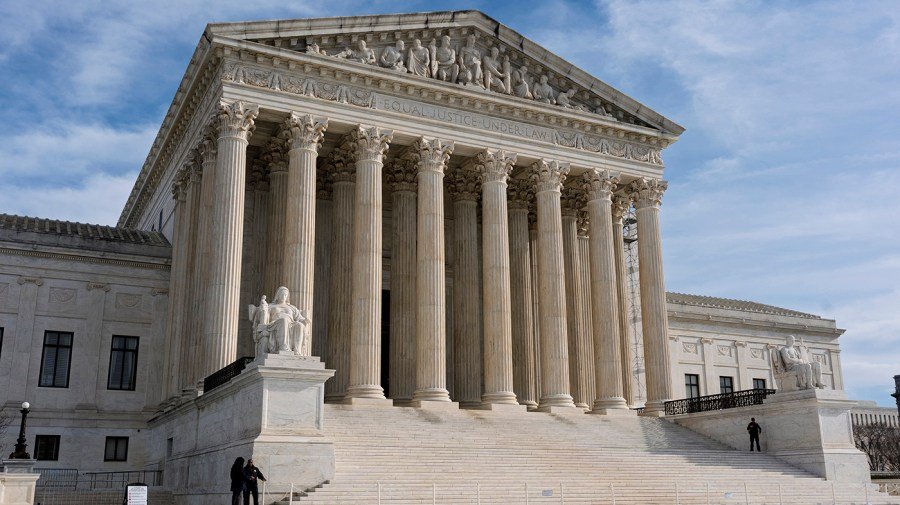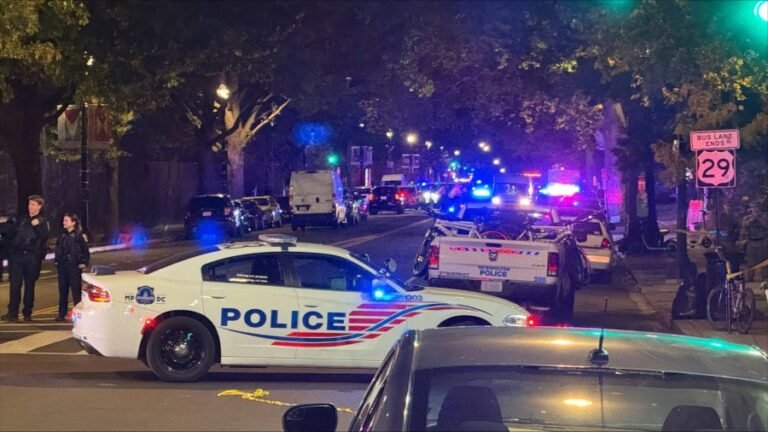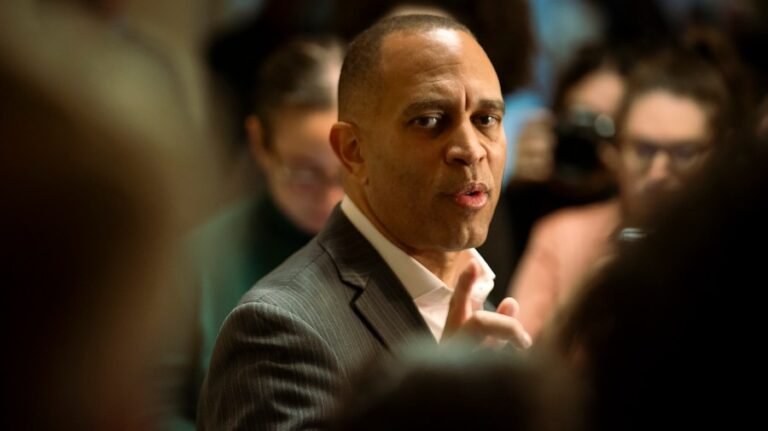
The Supreme Court turned away Virginia’s appeal on Monday that sought to quash a challenge to the state’s lifetime felon voting ban, allowing the lawsuit to move ahead toward trial.
Two disenfranchised voters claim the ban violates the Virginia Readmission Act, a federal law that set conditions for Virginia to regain congressional representation following the Civil War.
Lower courts allowed the suit to move forward, saying courts can enforce the Readmission Act and the state doesn’t have 11th Amendment immunity. But Virginia’s Republican-controlled attorney general’s office argued to the justices that would open the “floodgates” and mark a “radical change in the law.”
“The Fourth Circuit’s ruling that the Readmission Acts are judicially enforceable invites courts to wade into the political decisions that restored the rebel States to federal representation more than 150 years ago, calling into question Congress’s continuing determination that the States have republican governments and are entitled to representation,” the state wrote in its petition.
In a brief order, the Supreme Court declined to take up the case. A federal district judge is set to hold a bench trial in October in the case.
It was filed in 2023 by two convicted felons who are ineligible to vote under the Virginia Constitution’s lifetime voting ban for felons.
Tati Abu King was originally convicted of robbery in 1988 before the governor restored her voting rights. She later lost them again after being convicted of felony drug possession.
Toni Heath Johnson has various felony convictions dating back to the 1980s, including forgery, credit card theft and bigamy. Her voting rights, too, were restored, but she was subsequently convicted of drug possession and child endangerment.
Their suit points to the Virginia Readmission Act, which was signed in 1870 following the Civil War and allowed the state to regain congressional representation. But it was conditioned on the state never changing its constitution to disenfranchise voters except for those convicted of “such crimes as are now felonies at common law.”
The two Virginians, represented by the American Civil Liberties Union and law firm Wilmer Hale, argue that exception only covers a handful of long-recognized felonies like murder, arson and rape.
But they say their convictions weren’t recognized at common law in 1870, so they should be able to vote. They urged the Supreme Court to turn away Virginia’s appeal so the case can move forward. “The Act’s purpose was to prevent Virginia from manipulating statutory criminal law to disenfranchise Black voters—specifically, from convicting and disenfranchising newly freed Black residents based on statutory crimes that were not felonies at the time Virginia entered the Union,” their attorneys wrote.


